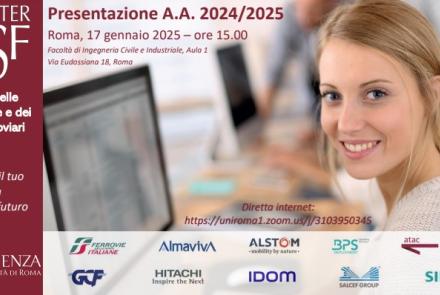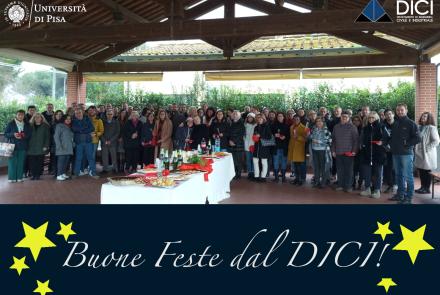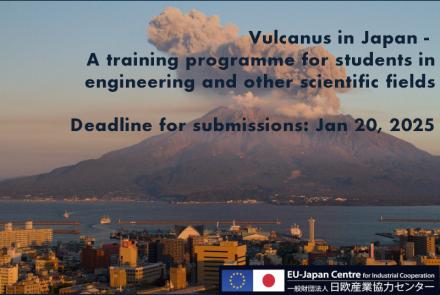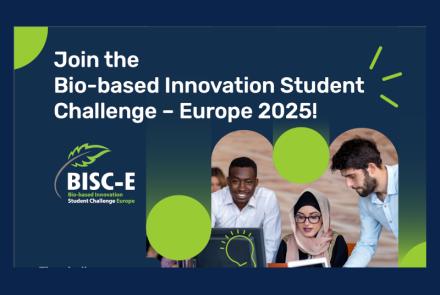CEM-WAVE
Start date: 1 October 2020
End date: 31 March 2024
Project cost: € 4 878 720
Project funding: € 4 878 720
Unipi quota: € 850 145
Call title: H2020-NMBP-ST-IND-2020-singlestage
Funding Scheme: RIA - Research and Innovation action
Unipi role: Coordinator
Principal investigator: Andrea Lazzeri
Novel Ceramic Matrix Composites produced with Microwave assisted Chemical Vapour Infiltration process for energy-intensive industries
The “European Green Deal” aims at Europe as the first climate-neutral continent by 2050. Research and innovation on technologies allowing intense exploitation of renewable energy is paramount. Renewable energy sources are, for their very nature, fluctuating, and potentially generating extreme conditions. Adaptation and optimisation of current processes to changes caused by increased use of renewable energy sources is particularly important in energy-intensive industries. Novel materials are needed to sustain conditions, such as higher temperatures and corrosive environments and, at the same time, guarantee energy efficiency and high-performances.
Materials potentially able to withstand such extreme conditions keeping excellent thermo-mechanical properties already exist, but are currently used only in sectors such as aerospace due to the high production costs: Ceramic Matrix Composites (CMCs).
In CEM-WAVE we aim at introducing an innovative CMC production process, based on Microwave-assisted Chemical Vapour Infiltration (MW-CVI) technologies. This novel proposed process will extremely reduce processing costs, thus making CMCs sustainable for process industries in energy-intensive sectors such as steelmaking. In more detail, CEM-WAVE aims at validating, in a radiant tube furnace, a small scale CMC-based tube embedded with sensors, substituting Inconel/Stainless steel alloys currently employed. The research and innovation work will be flanked by Artificial Intelligence (AI)-aided modelling research to predict the material behaviour, and will develop innovative joining and coating technologies to produce complex shaped components and further improving their high-temperature corrosion resistance. Life-Cycle Assessment (LCA), Life-Cycle Costing (LCC) and Thermoeconomic Analysis (TA) will guarantee that the project follows at every step the best directions in term of sustainability and future market uptake of the generated results.
Coordinator
Università di Pisa, Italy
Other participants
- CONSIGLIO NAZIONALE DELLE RICERCHE, Italy
- FRICKE UND MALLAH MICROWAVE TECHNOLOGY GMBH, Germany
- FRAUNHOFER GESELLSCHAFT ZUR FOERDERUNG DER ANGEWANDTEN FORSCHUNG E.V., Germany
- THE UNIVERSITY OF BIRMINGHAM, United Kingdom
- ARCHER TECHNICOAT LIMITED, United Kingdom
- AGENZIA NAZIONALE PER LE NUOVE TECNOLOGIE, L'ENERGIA E LO SVILUPPO ECONOMICO SOSTENIBILE, Italy
- CENTRE NATIONAL DE LA RECHERCHE SCIENTIFIQUE CNRS, France
- POLITECNICO DI TORINO, Italy
- IRIS TECHNOLOGY SOLUTIONS, SOCIEDAD LIMITADA, Spain
- ARCELORMITTAL INNOVACION INVESTIGACION E INVERSION SL, Spain
- STEINBEIS ADVANCED RISK TECHNOLOGIES GMBH, Germany
- KNEIA SL, Spain

